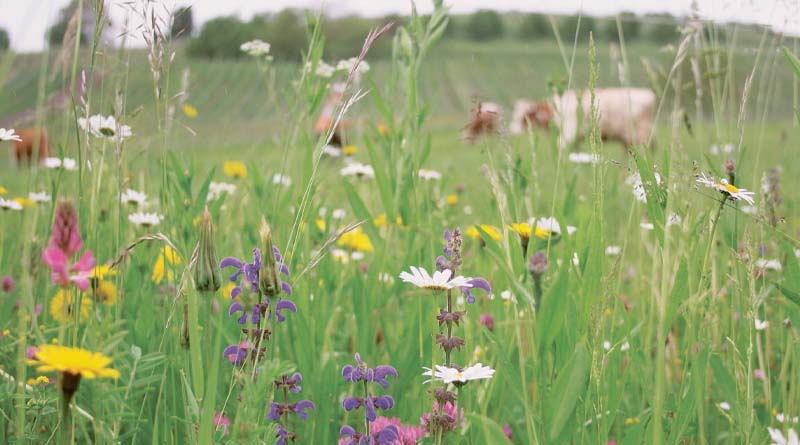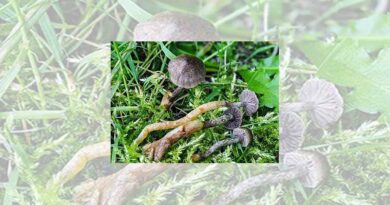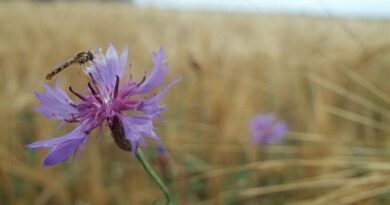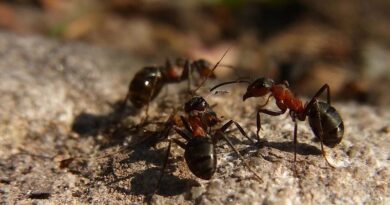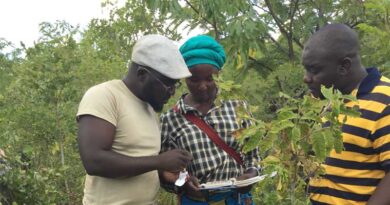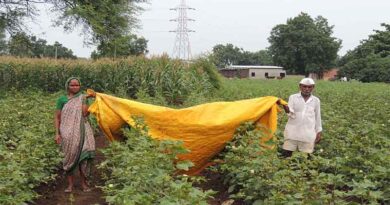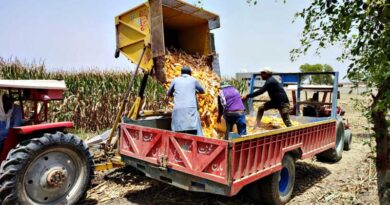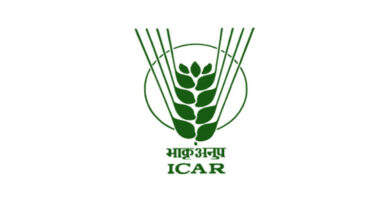The state of knowledge about (organic) farming and biodiversity now updated
23 May 2023, US: To promote species diversity is one of the principles of organic farming. Do scientific studies on actual farms bear out that the principle is being observed? What makes biodiversity so important for agriculture and vice versa? These are just some of the questions addressed by the factsheet, building upon a broad array of scientific findings.
Rich species diversity is vital to the functioning of many processes in natural ecosystems. Species-rich habitats are more productive and better able to adapt to environmental changes such as global warming. A greater diversity of flora and small-scale structures promotes beneficials which reduce pathogens and pests naturally, and also promotes key pollinators of many crop and wild plant species. Biodiversity-promoting measures in organic farming are designed to make cultivation systems more robust and efficient and help to minimise the use of external auxiliary inputs.
Studies show that organic farming, with its enhanced levels of biological diversity, does indeed improve the stability and resilience of production systems. This aspect is becoming ever more important in view of increasingly frequent climatic extreme events. Furthermore, it has been shown in a wide range of cases that, compared to conventional systems, organic farming enhances natural pest control and further ecosystem services such as soil-regulating processes. Organic farming promotes biodiversity not only locally but also at landscape level – an aspect that is often overlooked.
Biological diversity varies greatly, depending upon production and cultivation system, the intensity of land use in farmed areas and the physiographic setting. Further factors key to biodiversity conservation include the proportion of semi-natural areas and small-scale structures. The often much smaller plot sizes, lower land-use intensity, more diverse land uses and greater proportion of semi-natural areas outside of managed areas are all aspects that contribute significantly to the greater species and habitat diversity found on organic farms.
The 16-page factsheet summarises the current state of scientific knowledge about the effects of various production and cultivation systems on biological diversity in farmed landscapes. It devotes particular attention to the biodiversity services rendered by organic farming and to the manifold benefits for agriculture derived from the promotion of biodiversity.
(For Latest Agriculture News & Updates, follow Krishak Jagat on Google News)

